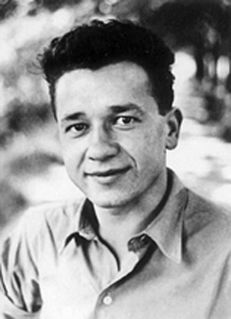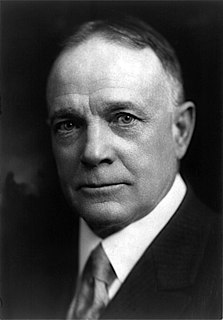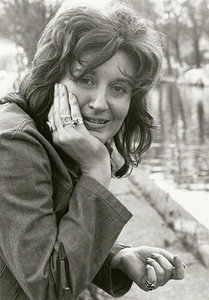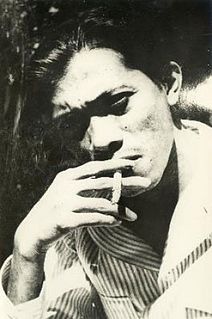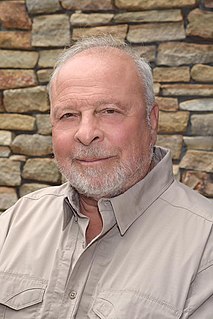A Quote by Stephen King
If I can get it down on paper without puking all over the word processor, then as far as I'm concerned, it's fit to see the light of day.
Related Quotes
I write on a computer, but I've run the complete gambit. When I was very young, I wrote with a ballpoint pen in school notebooks. Then I got pretentious and started writing with a dip pen on parchment (I wrote at least a novel-length poem that way). Moved on to a fountain pen. Then a typewriter, then an electric self-correct. Then someone gave me a word processor and I was amazed at being able to fit ten pages on one of those floppy discs.
So are you an inmate or a rubbernecker?" she asks. "Rubbernecker," I answer without hesitation. "You?" "I'm a screw. Or on staff, anyway. Used to be an inmate. Repeat offender. Crimes against my body. Puking sickness followed by heroin, which led to more puking sickness." I'd be surprised at her forthrightness, but that's addicts for you. The twelve steps crack 'em open and then they can't shut up.
In film, it's up to the director to tell the story in whatever way he sees fit, and however you fit into that ultimate vision is where you fit in. So what you did on that stage, on that set, may not be what you ultimately see when you see the final product. And TV works so fast, it works so fast, it's just about product. The average TV show, one episode shoots eight, 10 days. That's it. You get three or four takes for a scene, and then it's over. But people do it for the money.
It is easy and dismally enervating to think of opposition as merely perverse or actually evil -- far more invigorating to see it as essential for honing the mind, and as a positive good in itself. For the day that moral issues cease to be fought over is the day the word human disappears from the race.
They are not brave, the days when we are twenty-one. They are full of little cowardices, little fears without foundation, and one is so easily bruised, so swiftly wounded, one falls to the first barbed word. To-day, wrapped in the complacent armour of approaching middle age, the infinitesimal pricks of day by day brush one but lightly and are soon forgotten, but then—how a careless word would linger, becoming a fiery stigma, and how a look, a glance over a shoulder, branded themselves as things eternal.
When I write, I never think of segments as chapters; I think of them as scenes. I always visualize them in my mind. Then I try to get the scene down on paper as closely as I can. That's the one thing that readers don't see - what you have in your mind. The reader can only see what you get on the page.
I am an artist... It's self-evident that what that word implies is looking for something all the time without ever finding it in full. It is the opposite of saying, 'I know all about it. I've already found it.' As far as I'm concerned, the word means, 'I am looking. I am hunting for it. I am deeply involved.'



